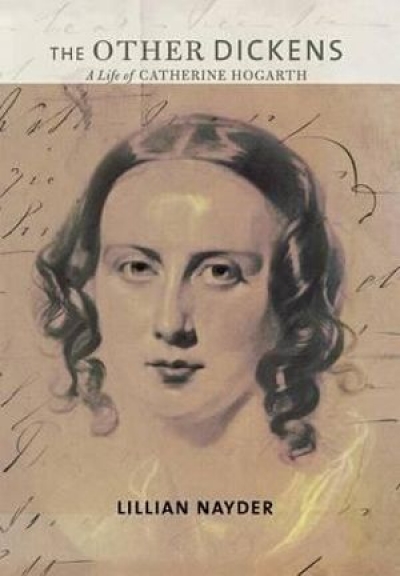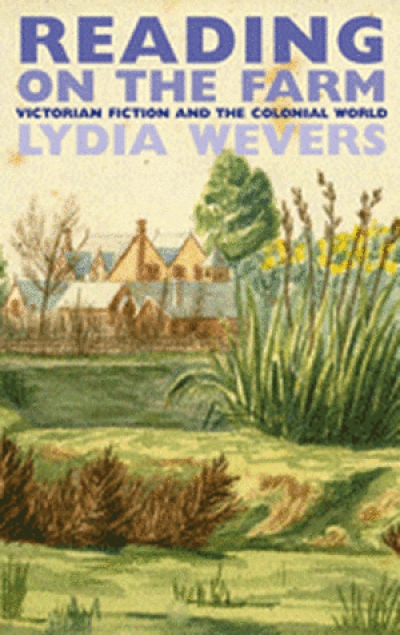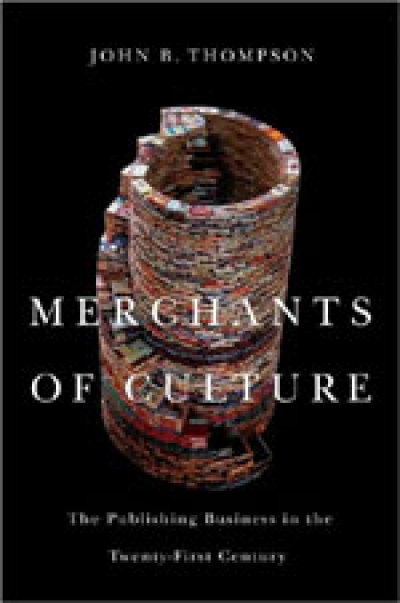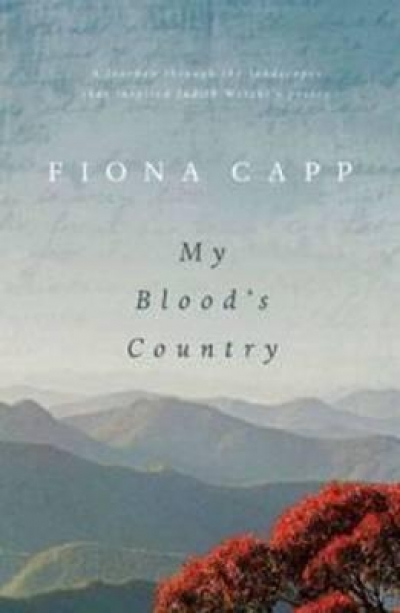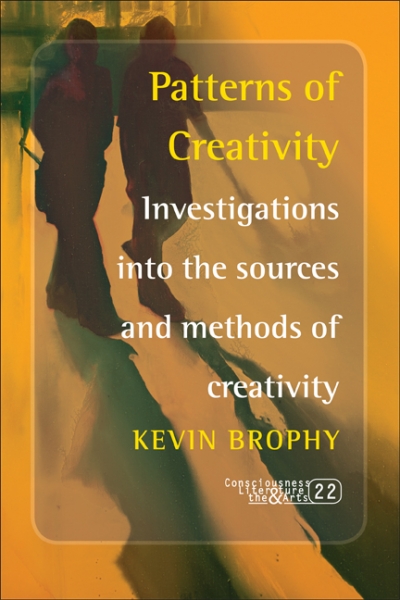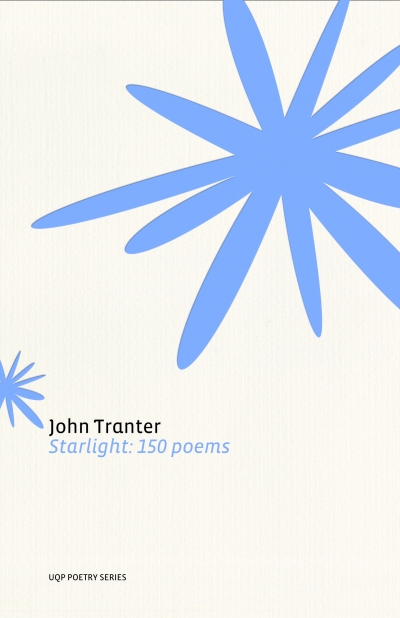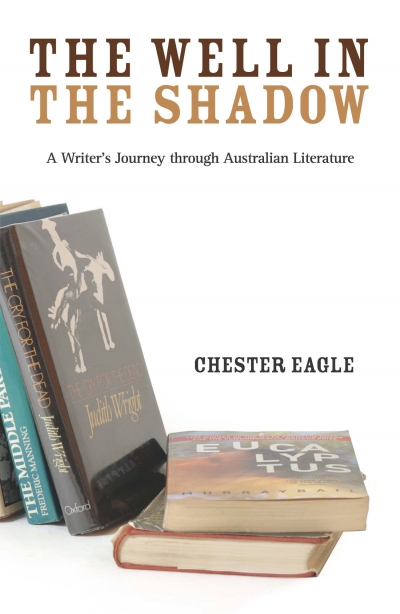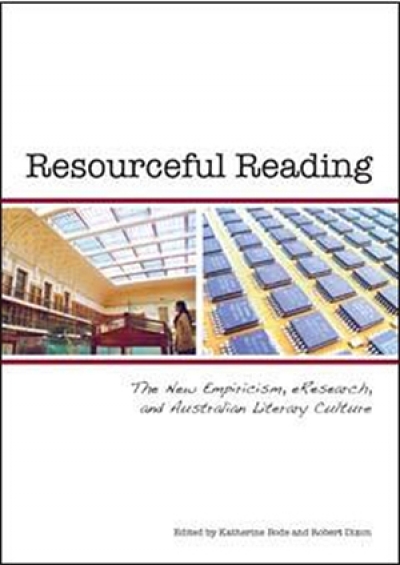Literary Studies
Patrick White within the Western Literary Tradition by John Beston & Remembering Patrick White edited by Elizabeth McMahon and Brigitta Olubas
That Patrick White is thought of as an Australian writer is, though regrettable, undeniable. Two problems follow: the first being that he tends to be presented by his critical custodians in an almost comically restricted way, as though White’s works needed to be measured and justified only by Australian standards and terms of comparison ...
... (read more)The Other Dickens: A Life of Catherine Hogarth by Lillian Nayder
In September 1857, after twenty-one years of marriage, Charles Dickens began the eight-month long process of separating himself from his wife, Catherine. At forty-two years of age, Catherine had given birth to ten children and managed Dickens’s large household. Until the mid 1850s she and Dickens seemed to enjoy a happy partnership, yet by 1858 Catherine was exiled from the family home and cut off from all but one of her children.
... (read more)Reading on the Farm: Victorian Fiction and the Colonial World by Lydia Wevers
At the centre of Reading on the Farm stands a large colonial library of just over 2000 volumes. The library belonged to Brancepeth Farm, a sheep station in the Wairarapa Valley of New Zealand, which, at its height in the late 1890s, employed more than three hundred staff. Brancepeth’s library, consisting principally of contemporary Victorian fiction, about half of it written by women, was considered by its users to be one of the best station libraries in its day, certainly superior to the publicly funded library at Masterton, the nearest town. Remarkably, Brancepeth’s library was never dispersed or culled but has survived intact, gifted in 1966 to Victoria University of Wellington by the Beetham family. The literary and artistic Beethams emigrated from England in the 1850s and became some of New Zealand’s greatest ‘sheeplords’ in the late nineteenth century.
... (read more)Merchants of Culture: he Publishing Business in the Twenty-First Century by John B. Thompson
Since well before the global financial crash of 2008, there has been pessimism about the future of the book in an age of new paradigms: electronic transmission and gadgetry, all thus far untested, in a screen culture age. This uncertainty still hovers, like a pungent doom-cloud, despite the furious conversion of new and backlist files into multiple formats in publishing houses everywhere in readiness for the e-revolution. This is expensive and time-consuming work, done in good faith as an investment for the future. One by-product has been a chilling realisation that file archiving is poorly managed by many houses and that finding print-ready files of backlist books to convert to e-format isn’t as easy as was anticipated.
... (read more)My Blood’s Country: In the footsteps of Judith Wright by Fiona Capp
Late in My Blood’s Country, Fiona Capp describes a dream that Meredith McKinney had after the death of her mother, Judith Wright, poet, activist, and the subject of Capp’s book. In the dream, McKinney is at Calanthe, the Queensland home where she lived with her mother and father, philosopher Jack McKinney. A literary festival is under way. In the front room of the house, the study where Wright wrote her poems, scholars are giving papers about her work. McKinney, aware that her reactions are being scrutinised, is careful to react generously. The group moves from room to room, into the more private spaces of the home, Meredith feeling compelled all the while to be gracious in the face of this invasion. An exhibition in her parents’ bedroom centres on a life-size wax dummy of Wright, said to be wearing her clothes, though actually wearing something McKinney recognises as part of an old curtain. As she notices more mistakes in the display, one of the dummy’s arms falls off, and it is suddenly clear that the dummy is in fact her mother’s corpse.
... (read more)Patterns of Creativity: Investigations into the sources and methods of creativity by Kevin Brophy
In his conclusion to this book, Kevin Brophy states a key principle of creative composition: ‘to be responsive to what happens, what is thrown into the mind, what one comes upon.’ This is at once a statement of advice for an artist at work, and a theoretical proposition. Through the course of the ten essays that make up the volume, Brophy develops a hypothesis about the kinds of brain function involved in creativity and, in particular, the role of consciousness in relation to other mental and sensory forms of intelligence. Without drawing the terms ‘theory’ and ‘practice’ into play – a great relief to those of us who have grown weary of that inevitable binary – he suggests that the work of an artist or writer may be facilitated by an exploratory interest in the operations of consciousness.
... (read more)Starlight: 150 Poems by John Tranter & The Salt Companion to John Tranter edited by edited by Rod Mengham
John Tranter has published more than twenty books since 1970. They include long dramatic monologues, a type of verse novel (The Floor of Heaven, 1992), prose poems and traditional verse forms. Starlight, his new collection, continues his ‘evisceration’, as he calls it, of other poets.
... (read more)Australian Literary Studies, Vol. 24, No. 2 edited by Leigh Dale
Australian Literary Studies is a journal of the old school, independent of the international academic publishers that have absorbed so many others, and difficult to obtain for casual reading. It has maintained a solid reputation among scholars. From the evidence presented here, it is easy to see why.
... (read more)The Well in the Shadow: A writer’s journey through Australian literature by Chester Eagle
The Well in the Shadow, whose title is drawn from Katharine Susannah Prichard’s Coonardoo (1929), is an unconventional book, shaped entirely by Chester Eagle’s idiosyncratic responses to certain writers and their work. Eagle’s engagement with, and enthusiasm for, the texts he considers are undeniable. So too is his close knowledge of the books and writers discussed. The range of subjects is broad and reasonably inclusive, but I did wonder, given the book’s subtitle, about the absence of well-known writers such as Peter Carey, Tim Winton, David Malouf, and Christina Stead. Nonetheless, the choice is diverse.
... (read more)Resourceful Reading: The New Empiricism, eResearch, and Australian Literary Culture edited by Katherine Bode and Robert Dixon
A quiet revolution has been occurring within the humanities over the last decade: the emergence into mainstream scholarship of new methods and approaches that exploit digital tools, electronic infrastructures, networks of data resources and the sheer computational power of modern technology. This renaissance builds on decades of pioneering work – well before its time and largely unacknowledged – performed by committed visionaries who perceived the possibilities for textual scholarship years before desktop computers and the Internet enabled the rest of us to see how our research could be informed, assisted, extended and even revolutionised by new technologies.
... (read more)

